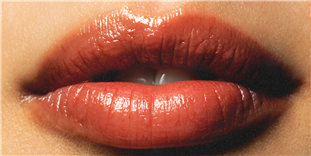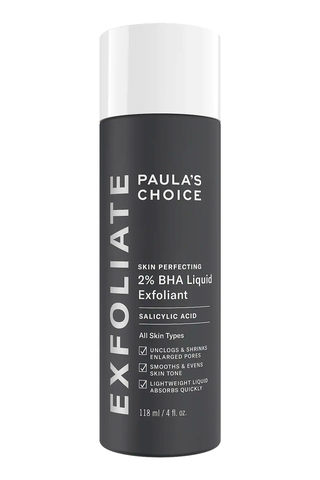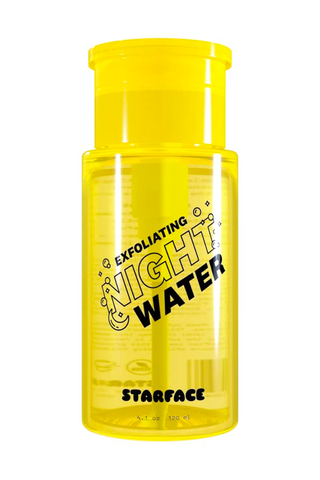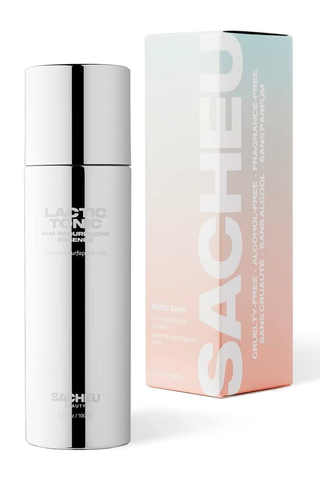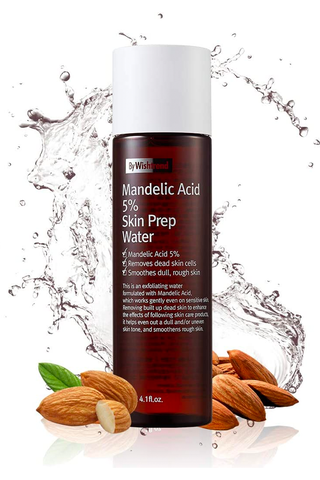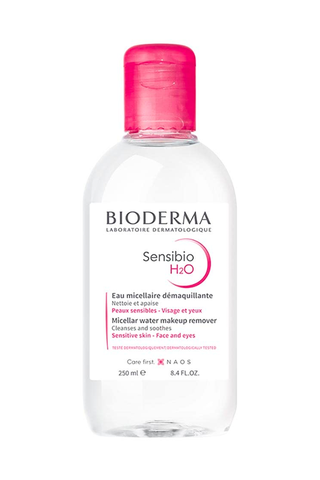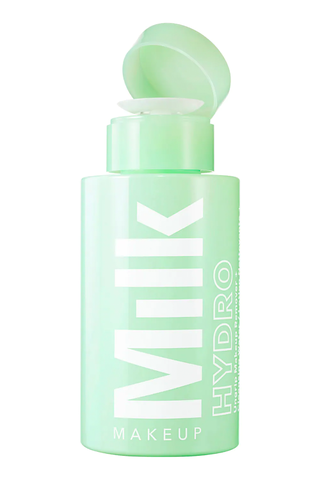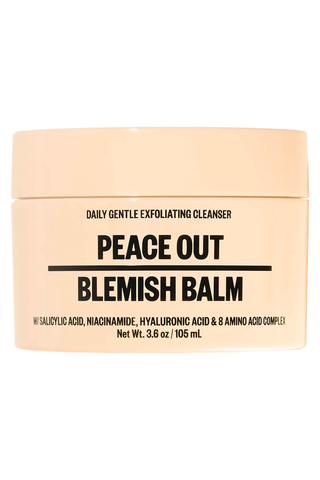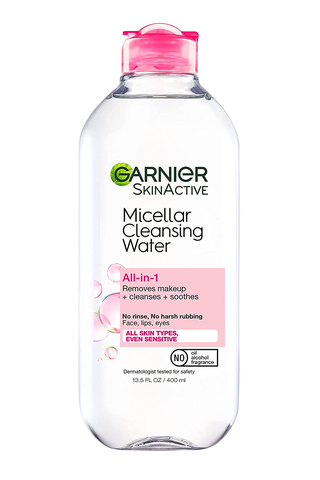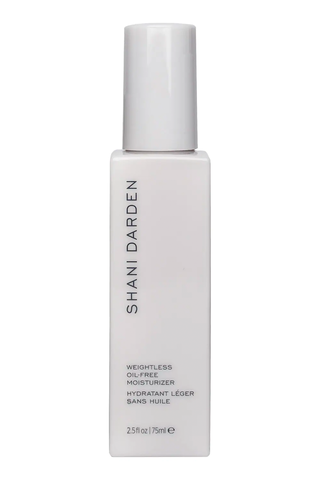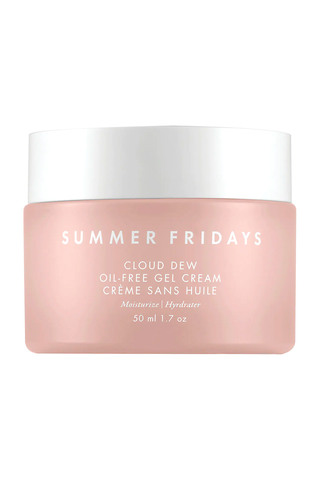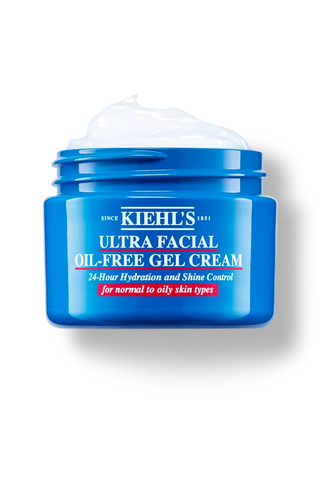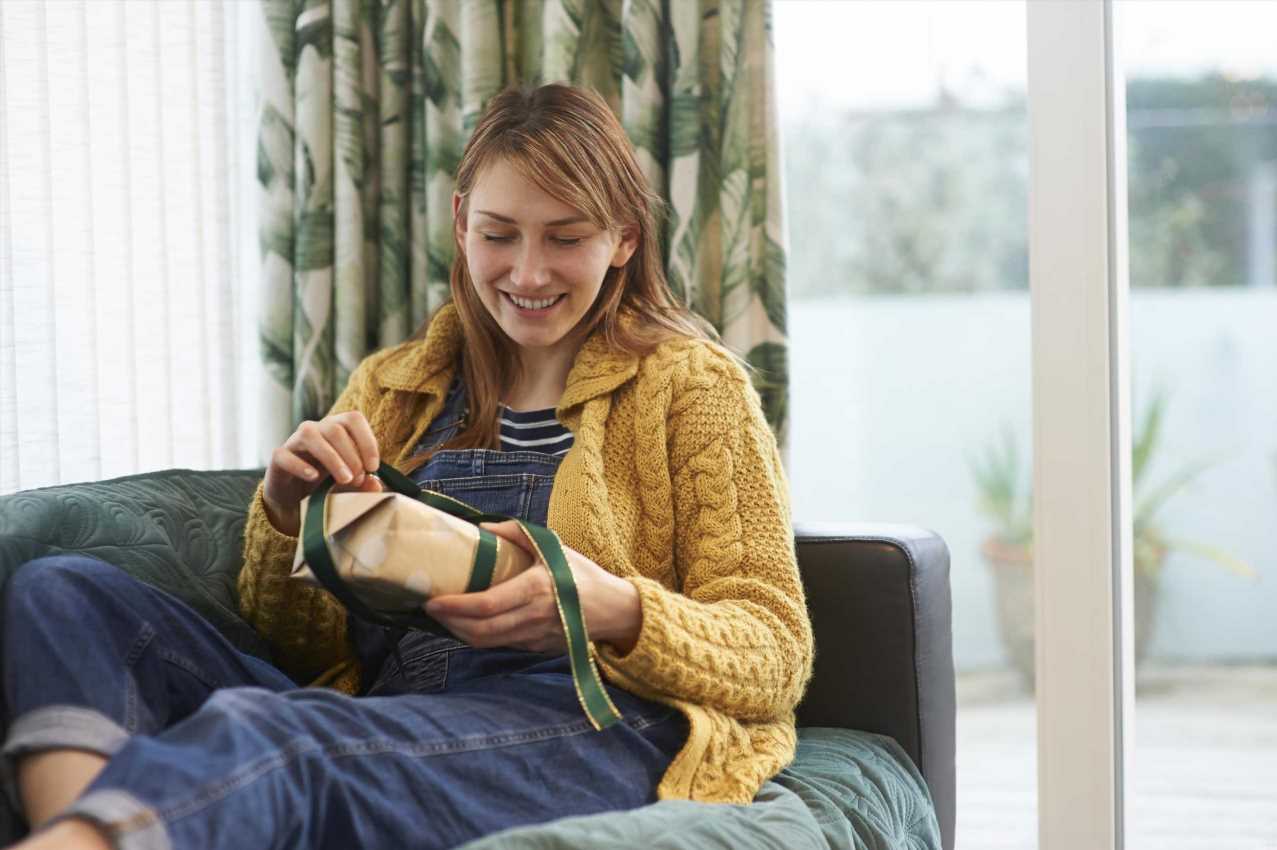As someone with breakout-prone skin, I’ve experienced every type of acne a body can get, including butt acne, neck acne, back acne, chest acne, scalp acne, and even frickin’ lip acne (why do I get no peace?). And though I’ve partially made peace with my zits, I will never be chill with a pimple on my lip, thanks to the fact that lip pimples can hurt so badly, especially if it’s cystic acne—which, good luck trying to spot-treat or conceal that one—or, my favorite, a cold sore masquerading as a pimple.
So to find out how to get rid of lip pimples (and also prevent them from ever coming back), I tapped board-certified dermatologistsGeeta Yadav, MD, and Michele Koo, MD, for help. Keep reading to find out what causes pimples on the lips, if a pimple on your lips is just a cold sore, and of course, how to get rid of a pimple on your lip asap.
What causes pimples on the lips?
The cause of bumps on your lip line:
Pimples on lips are caused when a pore becomes clogged with dead skin cells and oil, leading to inflammation. As for what causes the initial clog, you can thank your hormones (which trigger your oil production) and your genetics (which can make you more likely to overproduce sebum). Another common cause of pimples on the lips? A lack of exfoliation, especially if you regularly wear lip products (see: your beloved pink lip gloss, sheer lip balm, and red lipstick).
“When dead cells aren’t removed from the surface of your skin,” says Dr. Yadav, “they can get trapped with acne-causing bacteria inside your pores, leading to a blemish.” Which makes sense—when was the last time you swiped yourchemical exfoliant right up against your sensitive lips? Exactly; which is why you need one of these formulas if you don’t have one already:
4 gentle exfoliators that won’t irritate your lips:
Of course, says Dr. Koo, you may not be dealing with acne at all. Instead, the “pimple” on your lip may actually be a cold sore (more on that below), or an irritation-based rash (like a reaction from your toothpaste or facial hair-removal product, or a skin condition like perioral dermatitis (an inflamed, itchy, scaly rash that requires antibiotics or topical steroids to treat). Basically, as with all skin issues, you should make an appointment with a dermatologist (even virtually, if you hate leaving your bed) before trying to DIY a fix at home.
Why are lip pimples so painful?
Lip pimples are so painful because our lips contain a ton of nerve endings, making them highly sensitive to pain. So, “when there’s inflammation or an infection around your lips, it can create a lot of tenderness,” says Dr. Yadav. To help decrease the pain of lip pimples at home, Dr. Yadav recommends holding a warm compress against the bump for 10 to 15 minutes up to four times day, then dabbing on 1 percent hydrocortisone cream once in the morning and at night. And remember: You can always head to your dermatologist for a cortisone shot to quickly neutralize your zit if it’s too bothersome.
How do I get rid of a pimple on my lip?
To get rid of a pimple on your lip, you’ll want to make sure you’re following a consistent skincare routine that involves cleansing and exfoliating your skin (to help prevent lip pimples from popping up in the future) and also spot-treating your pimple to reduce inflammation and pain. Here’s a breakdown:
Exfoliate your lips
“Exfoliating your lips on a regular basis is key to preventing lip pimples,” says Dr. Yadav. And no, that doesn’t mean scrubbing your lips with an intense, gritty lip scrub either. Instead, try an acid-based toner, says Dr. Koo. “Cleansing with a salicylic acid-toner can help kill acne-causing bacteria, get rid of the excess sebum, and allow your skin to heal,” says Dr. Koo. Just make sure to follow up with a lightweight moisturizer if your lips feel a little dry.
If you’re already dealing with a lip pimple, you can still use your toner, ordab on a salicylic acid-based spot treatment instead and cover it with a hydrocolloid pimple patch while you wait for your body to heal itself. Dr. Yadav also recommends gently massaging your lips two to three times a week with a warm washcloth to gently exfoliate, “which will effectively remove dead skin without depositing any potentially pore-clogging ingredients.”
4 makeup removers to try for your lip pimples:
Cleanse your lips every night
Make sure you’re taking off all your foundation, concealer, lip liner—whatever—every single night before bed. If you’re feeling a little lazy, just dab a makeup-remover towel in some water and swipe across your skin to break up some of the oils and pigments. Or leave a pack of makeup wipes in your bedside table for necessary occasions only (makeup wipes can leave pore-clogging gunk behind, which is why washing your face is always best).
Add acne-fighting retinoids to your routine
To treat and prevent new lip pimples from showing up, try adding a retinoid for acne, like adapalene, into your skincare routine to help speed up your cellular turnover and keep pores clear, suggests Dr. Koo. Just note that retinoids can be irritating at first, especially on an already-sensitive area like your lips, so start slowly: After moisturizing at night, smooth on the tiniest, grain-size dab of adapalene around your lip area once a week for two weeks, then twice a week for three weeks, then three times a week indefinitely. And always slather on an oil-free moisturizer afterward to keep your skin hydrated.
Oil-free moisturizers that won’t irritate your lip pimples:
Switch to lightweight lip products
If you’re prone to lip pimples, “stay away from waxy, occlusive lip products, especially while you have an active lip pimple,” says Dr. Koo. Heavy formulas—especially those with irritants—can further irritate your skin and potentially lead to more inflammation. Instead, skip the balms and spread your oil-free moisturizer across and around your lips, or try a lightweight lip serum.
Soothe inflammation with heat
Holding a warm, damp washcloth against your lip pimple might lessen a little pain and tenderness. Pop a reusable gel heat pack in the microwave for 25 seconds and hold it against your pimple a few times a day. Just make sure to wipe the pack down with soap and water after each use.
Should I pop a pimple on my lip?
No, “under no circumstances should you pop a lip pimple on your own,” says Dr. Yadav. “The thin skin around your lips is extremely delicate and scars easily, so it’s better to have a pimple heal naturally rather than create a scab.” If you’re tempted to pop the pimple, stick on an opaque pimple patch to help you keep your hands off your skin, or you can dab on 1 percent hydrocortisone cream to help reduce some inflammation.
Is a pimple on your lip a cold sore?
Yep, a pimple on your lip could actually be a cold sore (aka not a pimple at all), which is why it’s so important to understand the differences in appearance and location and treat them correctly. Pimples are a bacterial infection, while cold sores are a virus, says Dr. Koo. “All lip cold sores are caused by herpes simplex virus—HSV1—and look like a watery blister,” Dr. Koo explains, adding that they often feel painful and usually take several weeks to resolve.
How do you know if you have a pimple or a cold sore, though? “Pimples will typically have one head that appears to be filled with pus, like a whitehead, or clogged sebum, like a blackhead, or no visible head at all,” says Dr. Yadav. “Cold sores, however, look like a cluster of blisters, which will be filled with a clear liquid, not pus.”
Keep in mind: A pimple and a cold sore are treated very differently, says Dr. Yadav. Cold sores require an antiviral medication, like an antiviral ointment, to help shorten the duration of the cold sore and prevent it from spreading. If you load spot treatments and salicylic acid toners on a cold sore, you’ll be left with an even more irritated bump.
How long does a lip pimple last?
A lip pimple will last anywhere from one to three weeks depending on how inflamed it is, says Dr. Koo. Why? “Unlike areas like the cheek and chin, which go relatively undisturbed throughout the day, your lips are frequently used, causing further irritation that can slow a pimple’s ability to heal,” says Dr. Yadav. But a lip pimple can go away on its own, as long as you’re washing your makeup off every night before bed and keeping your skin moisturized.
Final thoughts:
If you’ve got a true pimple on your lip, don’t stress. It’s just the result of clogged pores from genetics, makeup, or not exfoliating enough. Swipe it with a salicylic acid toner, and wait for it to heal on its own. And if you get consistent pimples around your lips, maybe incorporate a retinoid for acne, like adapalene, to prevent breakouts. But pls remember: if you think you have a cold sore instead of a lip pimple, talk with your dermatologist for an antiviral treatment plan.
Meet the experts:
Why trust Cosmopolitan?
Beth Gillette is the beauty editor at Cosmopolitan with four years of experience researching, writing, and editing skincare stories that range from skin barrier to cleansing balms. She’s an authority in all skincare categories, but is an expert when it comes to pimples around your lips after a decade of dealing with acne. She regularly tests and analyzes acne products for efficacy, while working with the industry’s top dermatologists to assess new formulas and brands.
Source: Read Full Article
